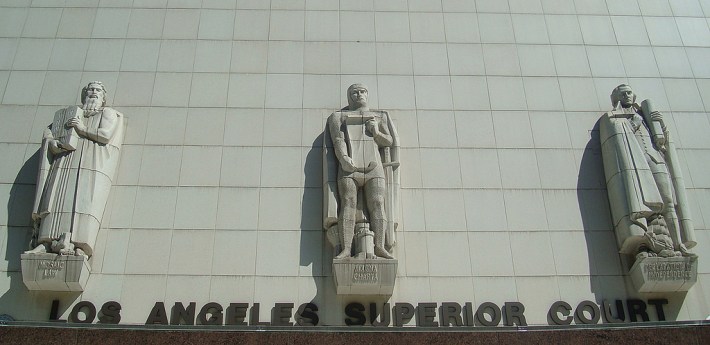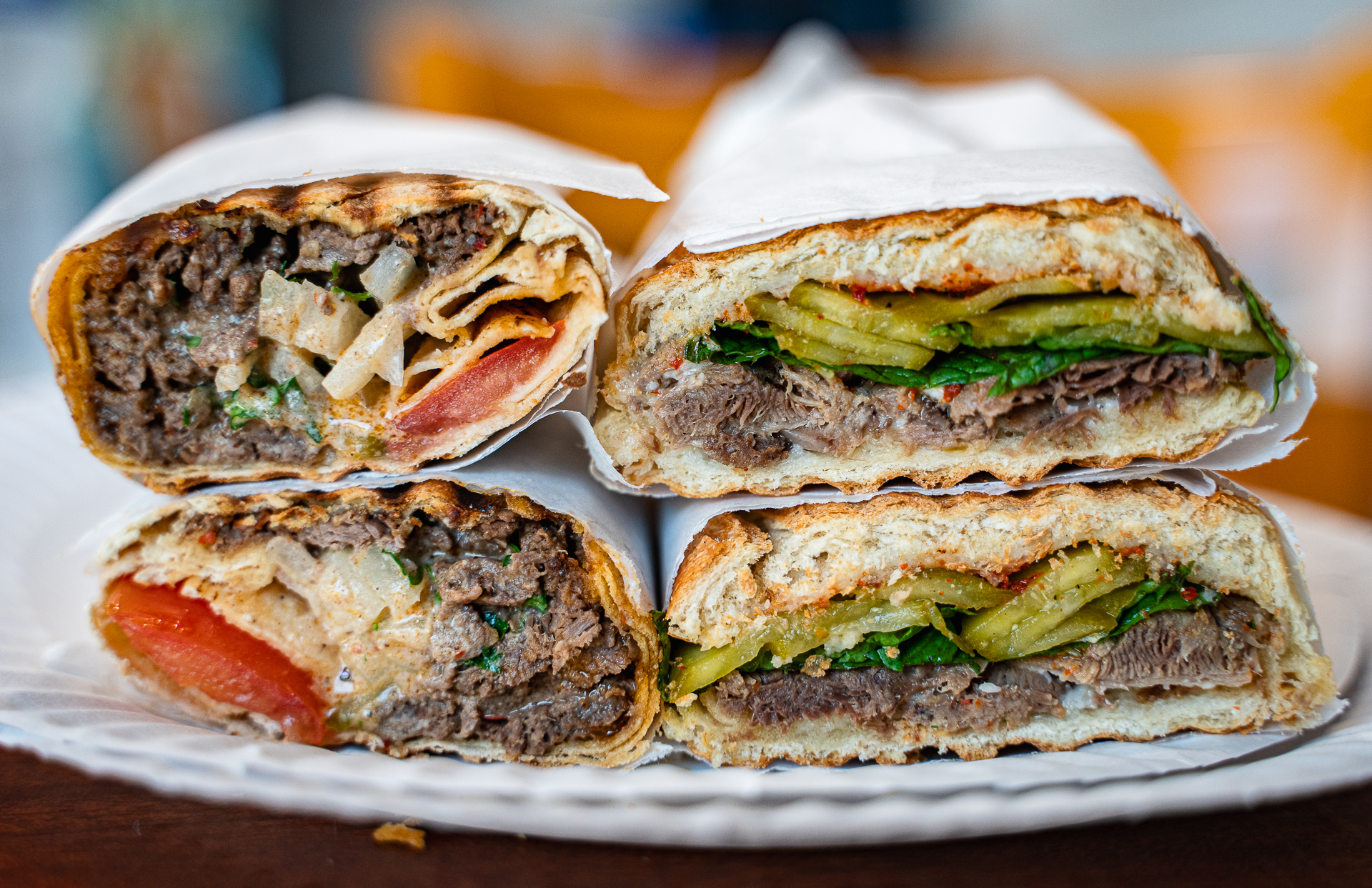An Algorithm May Decide If You Can Be Out on Bail ~ the End of California’s Cash Bail System

Credit: Pro Liberate.
Stay in touch
Sign up for our free newsletter
More from L.A. TACO
Which Car Brand Has L.A.’s Worst Drivers? Let Us Know Your Thoughts And Win Our New Bota Mug
Is it that Tesla driver that just cut you off? An Altima with bald tires? That privileged 18-year-old new driver who barely knows how to maneuver his Land Rover Defender? Or that overwhelmed Van Lifer circling the same block 69 times trying to find parking? Comment on our post to win your free bota mug! Note: Comments on social media will not be entered in contest. Only members can comment on our website. Join now!
Straight From Lebanon’s Streets, These Juicy Sandwiches Are Reviving Eagle Rock Plaza’s Lonely Corner Strip Mall
This new family restaurant offers Lebanese-style "rosto" or roast beef, as well as tender beef tongue, rich stewed chicken liver, maanek and sujuk sausages, and infamously pungent basturma. 95% of their spices come from Lebanon.
Annual Cinco de Mayo Lowrider Cruise Shutdown by LAPD Before Sold-Out Dodger Game, Causing Confusion and Frustration
"Was really bummed to see a dead park with cops standing by today,” an Elysian Park resident told L.A. TACO. “Like, what’s the point of the park?? Also, why do the Dodgers call the shots? They made the calls [to] shut it down,” the resident speculated.
‘We Will Win:’ USC Students Won’t Back Down, Committing To Their Fight For Palestine Despite Arrests
One of their main demands is for the school to not only commit to a complete academic boycott of Israel and their killing of Palestinians, but also to be transparent about how much the school is investing.
What To Eat This Weekend: A Booze-Filled Piñata, Ethiopian Lamb Tibs, Mole Poblano in East L.A., and Tito’s Tacos’ Rare New Menu Item
Plus, one classic Mexican restaurant that promises its "last cinco de mayo on Skid Row."





